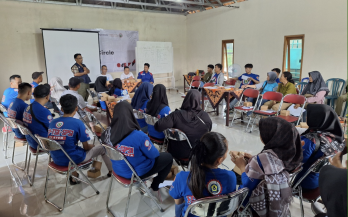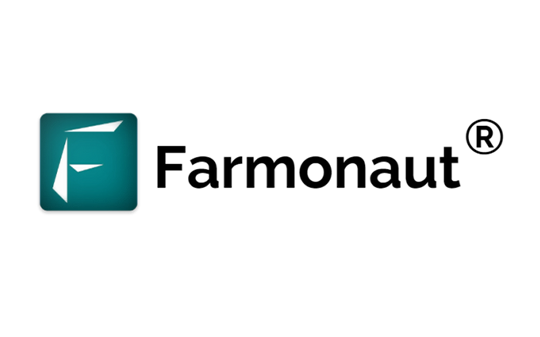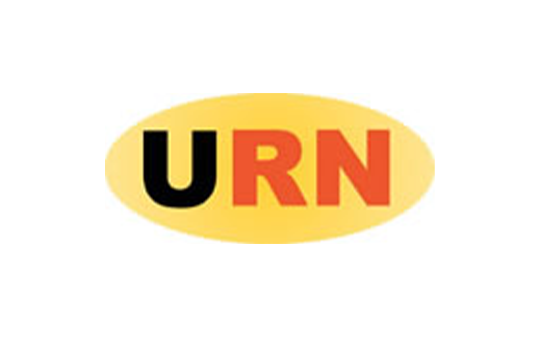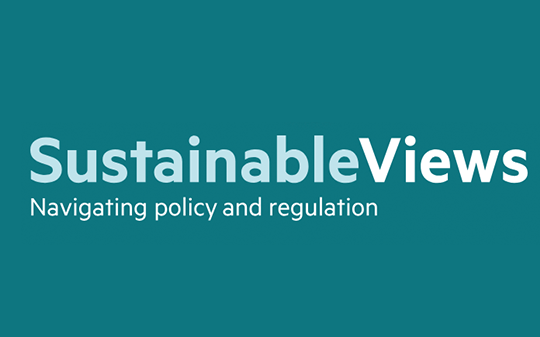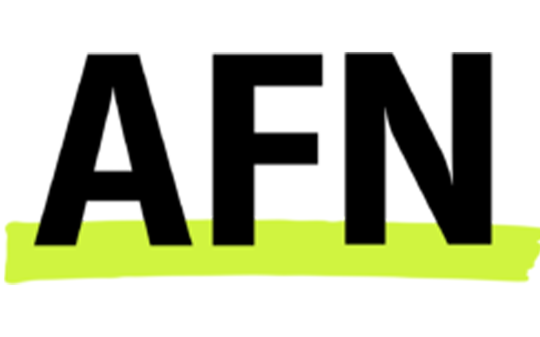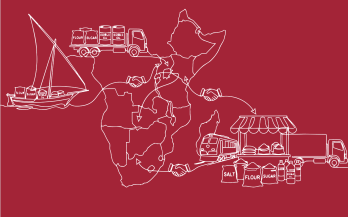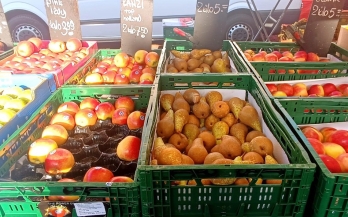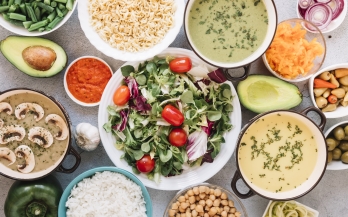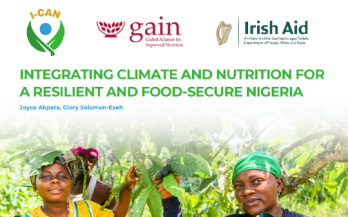- 26/02/2026
Many adults spend most of their waking hours at the workplace, making the latter a strategic, yet underappreciated, environment for health and well-being interventions. Evidence shows that workforce nutrition initiatives can improve workers’ health and well-being as well as business outcomes, yet their full potential as occupational and public health interventions remain underexplored. This paper examines the extent to which collective bargaining agreements globally include clauses on workforce nutrition, operationalised as healthy food at work, breastfeeding support, nutrition-focused health checks and follow-up, and nutrition education. Using web-based and bibliographic searches, the study identified open-access global, national, and sector-specific collective bargaining agreement (CBA) repositories. It analysed 26,015 agreements from the WageIndicator CBA database (global coverage), Légifrance (France), and the Office of Personnel Management (US) databases. Explicit references to workforce nutrition were rare.
- 20/02/2026
ESA countries began implementing food fortification in the 1990s, starting with salt iodization and gradually expanding to include additional food vehicles. Today, of the 26 countries covered, 21 countries have mandatory fortification of salt, 13 of wheat flour, 10 of edible oil and maize flour, and 5 of sugar.Despite this progress, micronutrient deficiencies remain widespread across Eastern and Southern Africa, with persistently high levels of iron, vitamin A, zinc, folate, and iodine deficiencies.
- 13/02/2026
To strengthen evidence and practice about local fresh food markets and food systems governance, in 2025, ICLEI CityFood, the Global Alliance for Improved Nutrition (GAIN), and World Farmers Markets Coalition published two editions of a handbook about markets and resilient cities. The second edition comprises 31 city-market case studies and is structured around the CityFood Market Action Framework. Between May and December 2025, following the launch of the first edition, ICLEI CityFood and GAIN co-convened eight online sessions of a Community of Interest focused on markets and cities. The sessions were structured around four thematic areas: an introduction to how cities shape food markets; gender and social intersectionality; managing food waste; and access to nutrition. Across all eight sessions, a total of 327 participants from 27 cities and 56 organisations took part. This paper shares a summary of those prior sessions and signposts upcoming sessions
GAIN is pleased to announce its membership in the Global Alliance Against Hunger and Poverty (GAAHP) bringing on board a nutrition and food systems lens for global efforts
- 09/02/2026
Nigeria faces overlapping crises of climate change and malnutrition, with rising temperatures, erratic rainfall, and extreme weather reducing crop yields and pushing 30.6 million people toward severe food insecurity in 2026. Most climate and nutrition policies operate in silos, limiting coordinated action, while existing links remain largely analytical rather than practical. Integrating climate-smart agriculture, water management, and community resilience initiatives can create “win-win” outcomes, strengthening food security and health—but urgent collaboration across government, civil society, and the private sector is needed to turn commitments into local solutions.
